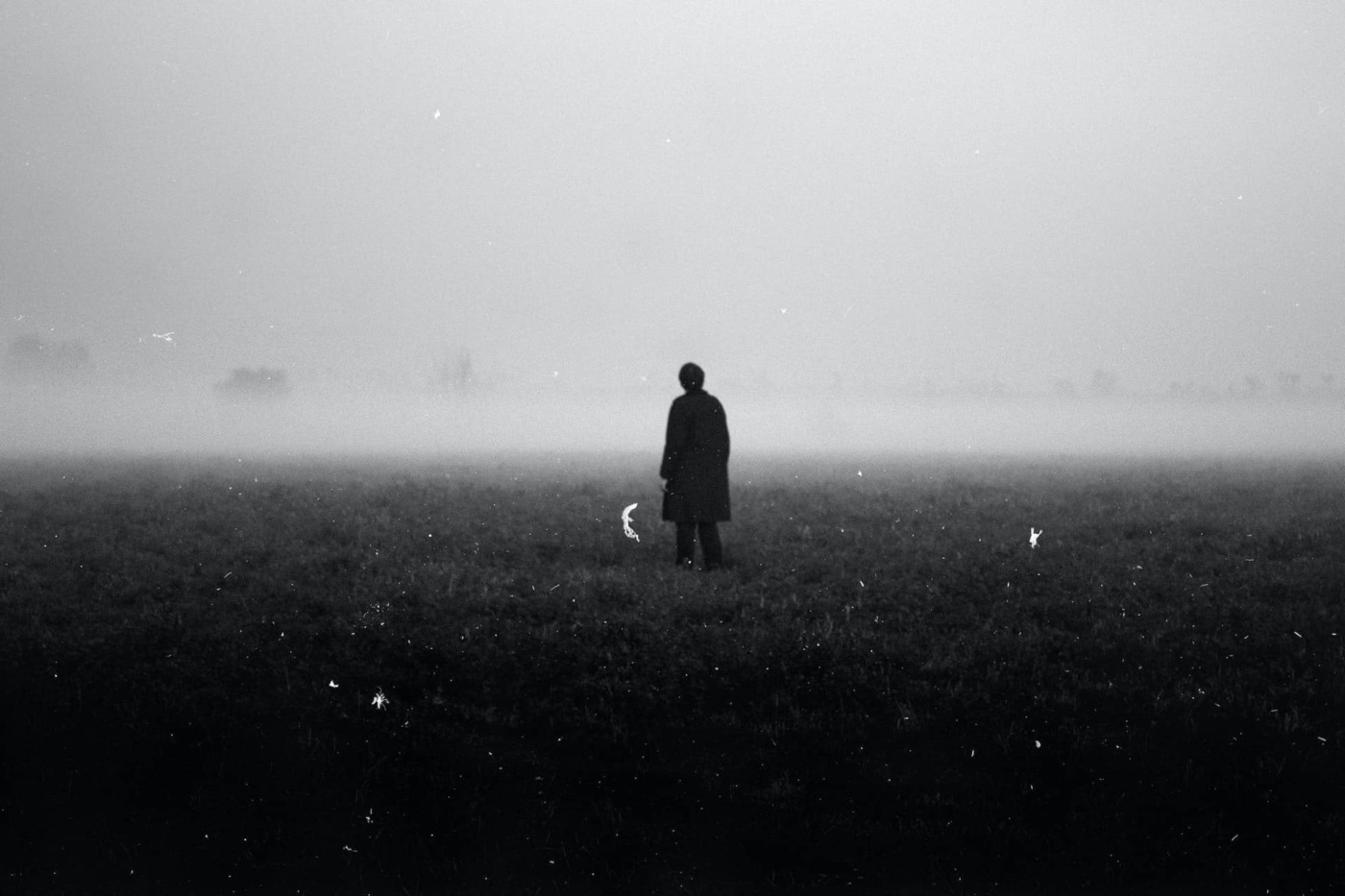Is the horror genre well and truly dead?
Halloween this year is undoubtedly going to look very different for us all. Many of us who are still in the spooky spirit are considering how we can keep it alive. The same could be said for the genre of horror itself: is it possible to come up with fresh ideas for a genre that seems now to be incredibly played out? How many different ways can we reinvent horror that is original, authentic, and most importantly, genuinely incites terror?
There has been much debate in recent years from film critics and viewers who would argue that the horror genre as we know it is well and truly dead. These days, the thrill of reading horror and the suspense created as you flick through the pages seems to have been lost. We have moved into a time that values jump-scares more than inciting general terror. There has been a huge cultural shift within the genre which suggests that less and less people are interested in reading a good horror story, and would rather get their horror fix from a film. Yet horror films cannot help but include at least a couple of jump scares nowadays – this is where the job of inciting terror seems to be made complete.
If a film cannot truly incite fear in two hours, how could a book do so in the week or two that it usually takes to read it?
Jump scares are of course specific to film, since visual and aural clues formulate them in a way that a novel cannot. However, horror stories and horror films are strongly connected. The overuse of CGI in order to scare, whether it be in order to create the terrifying blind extra-terrestrial monsters we see in A Quiet Place (2018), or the cybernetic corpse Shrike in Mortal Engines (2018) – as well as the use of extreme gore and jump scares in often totally unspectacular plots – has cheapened the horror genre as a whole. Perhaps faith has been lost in the genre. If a film cannot truly incite fear in two hours, how could a book do so in the week or two that it usually takes to read it?
The progression of the genre over the years shows how the process of building up suspense, through establishing an intricate plot that weaves terror into the narrative, is no longer actively sought out. There is a different reason, however, as to why, as a creative writing student, I stay away from writing horror stories. I am of the opinion that, unless the idea is totally unheard of or original, there cannot truly be a horror factor. So is there any point in writing one if the idea is not original? Horror is often made successful by presenting something new and unpredictable, since the reader is clueless as to where the narrative will lead them, and what dark realities they will be confronted with.
Real horror keeps the reader on their toes, under constant suspense
I think what truly makes a good horror story is one that is psychologically thrilling. A psychologically thrilling story need not have anything even typically scary involved in the plot; there does not need to be an axe-wielding man, a haunted house, gore, or even a supernatural element.
Gillian Flynn’s 2012 novel Gone Girl is the perfect example of a horror story being successful without the typical, overplayed ‘scary’ conventions. In the novel, so many questions are thrown at us, many with unsettling possibilities. Upon being confronted with an unsatisfied wife’s willingness to frame her husband for murder as revenge for his infidelity, we are unsettled as we delve into Amy Dunne’s psyche.
Can someone who truly loves their spouse accuse them of something so severe? Is Amy not actually a sociopath, but is someone who has simply been pushed to their limit? Although Nick is not innocent at all, is it fair for him to be framed for murder? Will Amy’s true scheme be revealed and will Nick be punished for a crime that he did not commit? These are the questions that the reader needs to constantly be confronted with, and new information needs to be presented to the reader with every chapter that gives them a different answer.
Real horror keeps the reader on their toes, under constant suspense, and stays with them long after they have put the book down.

Comments